Articles
On this page, you’ll find a collection of articles written by our team and contributors, exploring nuances of menstrual health & care, period poverty, and menstrual equity. From informative pieces shedding light on the menstrual cycle to insightful discussions on the social and economic impacts of period poverty, our articles cover a broad range of topics relevant to anyone interested in advancing menstrual equity.
Whether you’re curious about menstrual health, seeking inspiration for advocacy, or looking for practical solutions to address period poverty in your community, we invite you to explore our articles to learn about menstrual equity.
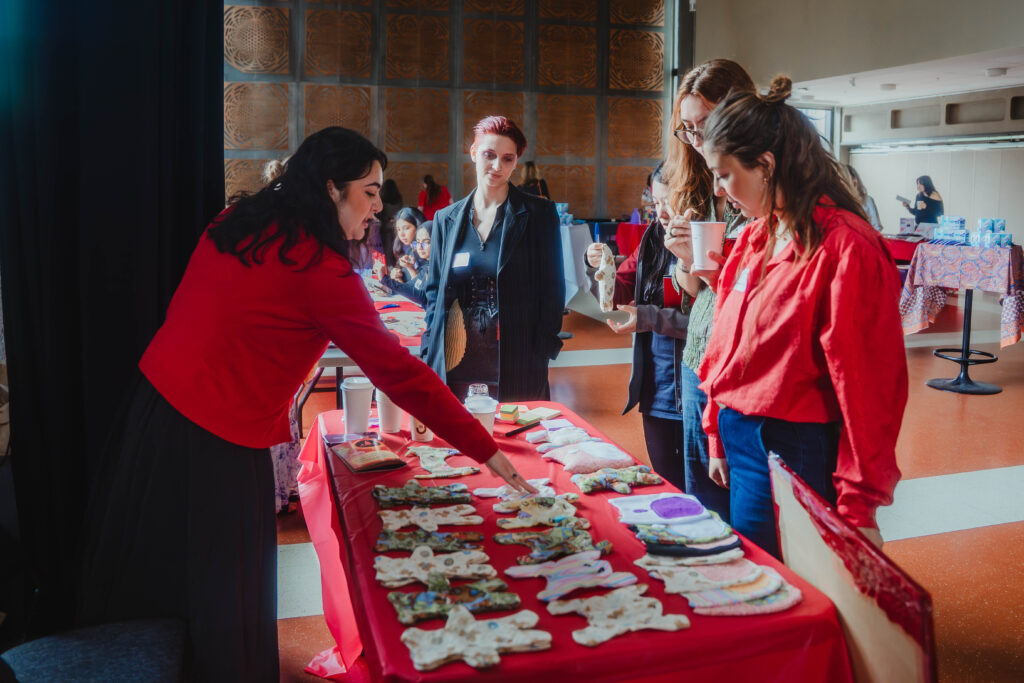
Periods on Campus
The fight for menstrual equity has evolved far beyond the simple demand for free tampons in school bathrooms, transforming into a comprehensive movement for justice that challenges how society treats all people who menstruate. At the recent “Periods on Campus” Symposium hosted by Monthly Dignity, Concordia University, and Douglas College at McGill University, activists, researchers, and entrepreneurs gathered to explore how the movement is centering inclusion and systemic change. The conference highlighted critical work being done to ensure trans and non-binary folks, people with disabilities, and diverse cultural communities are genuinely welcomed rather than invisibilized by traditional approaches to menstrual health. Justice-oriented innovators are now asking whether their solutions advance environmental sustainability, economic accessibility, and cultural responsiveness—moving beyond “performative solutions” toward real systemic change. This evolving movement demonstrates that menstrual equity isn’t just about periods, but about creating a world where everyone can participate fully in their communities regardless of their body or identity.

When Joy Becomes an Act of Resistance: Our Stand-up Night for Menstrual Rights
Monthly Dignity held a sold-out comedy night at La Sala Rossa featuring comedians Raajiee Chelliah, Emna Achour, and Eva Alexopoulos, along with DJ Gwinestefani, to raise awareness for menstrual rights. The evening showed how creating welcoming, joyful spaces becomes a political act in itself, building the trust and connection necessary

Menstrual Cycles vs. the 9-to-5: It’s Time for a Rethink
Our workplaces are designed around a 24-hour testosterone cycle, ignoring the 28-day reality of menstruating bodies. While some countries introduce menstrual leave policies, real change requires cultural shifts—normalizing period conversations, flexible work arrangements, and systems that work for all hormonal rhythms, not just one type of body.
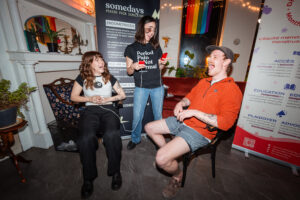
Cramp Your Style: Menstrual Quiz Night
Cramp Your Style, Monthly Dignity’s menstrual health-themed trivia night, drew 65 attendees, sparked laughter, empathy, and awareness, and featured a popular Period Pain Simulator. More than just a fundraiser, the event fostered community, connection, and meaningful conversations around menstrual equity, proving that success is measured not only in numbers, but

The Dirty Truth About Staying ‘Clean’: Myths, Misogyny, and the Marketing of Scented Vaginal Products and Supplements
The feminine hygiene industry profits from manufactured shame about women’s natural bodies. From vintage douches to modern $44 “vaginal health” gummies, companies exploit insecurities with overpriced, unnecessary products. Your vagina is self-cleaning and needs no special products, wipes, or supplements.

Beyond Vision: Managing Menstruation as a Blind or Low-Vision Person
Introduction Menstrual health management is an essential aspect of well-being, yet individuals who are visually impaired (VI) face unique challenges in navigating their menstrual cycles independently. Unlike sighted menstruators, those with VI often struggle with determining when their period has started or ended, knowing when to change menstrual products, and

Queeriods: Stories of Bodies, Blood, and Belonging
“Queeriods : Histoires de corps, de sang et d’appartenance” est un projet de récits photographiques visant à capturer la diversité des expériences que vivent les personnes queers, trans, non binaires et intersexes avec – et sans – un cycle menstruel.
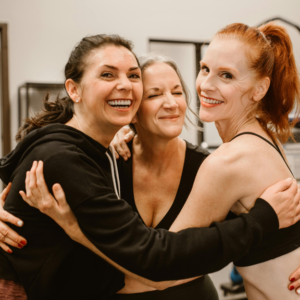
Menopause or an Invisible Period of Change
Enter into an honest and liberating conversation about menopause. Discover how to approach this chapter of your life with strength and understanding. In four parts, this article will lay the groundwork for menopause and its symptoms while listing some lifestyle tips!
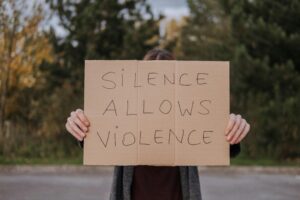
Disability & Gender-Based Violence
Gender-Based Violence impacts people with disabilities at disproportionate rates. This article will explore why this happens, and what we can do about it.
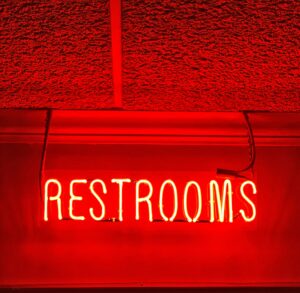
Creating Accessible Bathrooms
Accessibility features can be easily overlooked, but are key to the safety and comfort of people with disabilities. I spoke with experts to ask advice on creating accessible washrooms for people who have disabilities and the resources they follow as guidelines.

Importance of Menstrual Education for Persons with Disabilities
People who have disabilities are not provided with the same access to sexual and menstrual education as their non-disabled peers. We believe disability should not hinder anyone’s access to safe, dignified and accurate education.

Promoting Menstrual Independence for Persons with Cognitive Disability
Supporting a person with a cognitive disability can be challenging, especially when it comes to teaching menstrual care skills. This article will help you develop a strategy to ensure your loved one feels dignified and empowered in their menstrual care.

Navigating Changing Libido During Menopause
Menopause marks a significant life transition, bringing hormonal changes that can impact sexual health and libido. By understanding these shifts and exploring supportive strategies, people can adapt with confidence, fostering well-being and embracing this new chapter of life.

